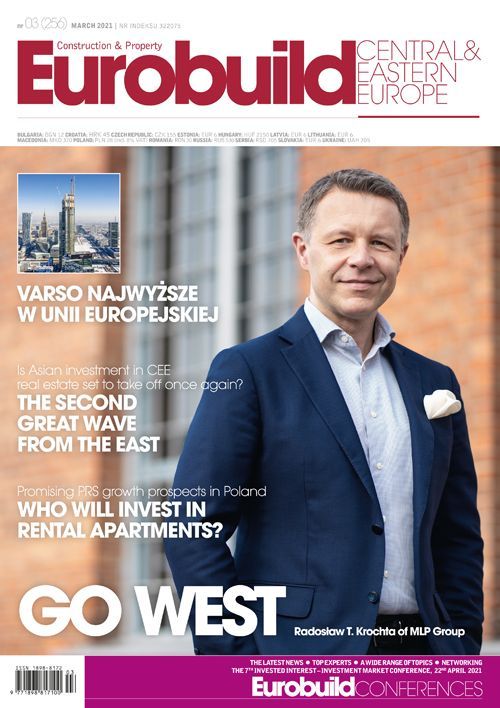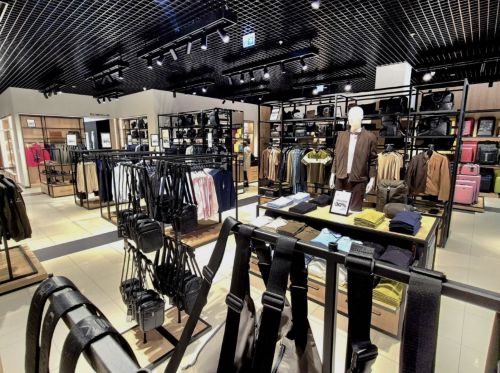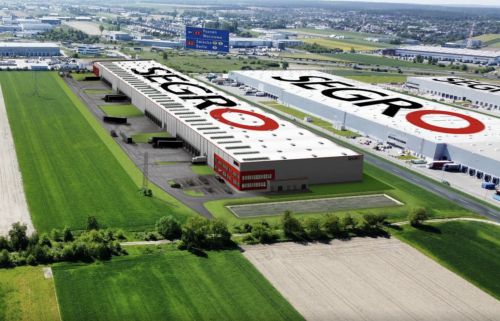The question arises of how these two companies have fared, especially after being buffeted by the unforeseen waves of Covid-19? Do the decisions of these two companies to forsake outside managers foreshadow other companies going it alone? And how has the property management market been reshaped by the current pandemic?
Going it alone
For Globalworth, the choice to bring its management in-house had nothing to do with costs. “With our management-ownership model, the priority is to assure the highest service standards, so it’s rather difficult in this case to talk of cost savings in comparison to outsourcing. At Globalworth, the general rule is for each manager to be responsible for one building. As a landlord we are closer to our tenants. This is something that no-one from an outside company would be able to replace. Because our managers work within the Globalworth structure, they have ready access to the wide know-how of the company, all the data and our internal software systems.





























































